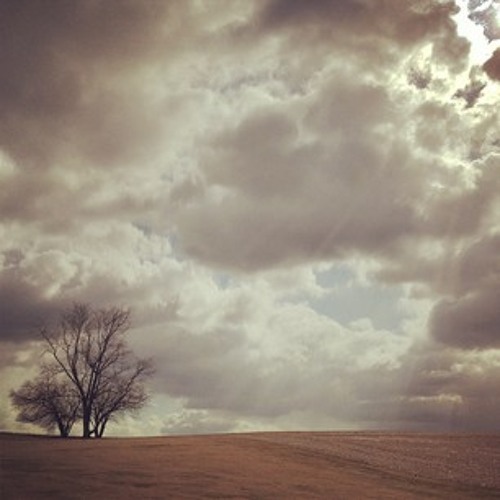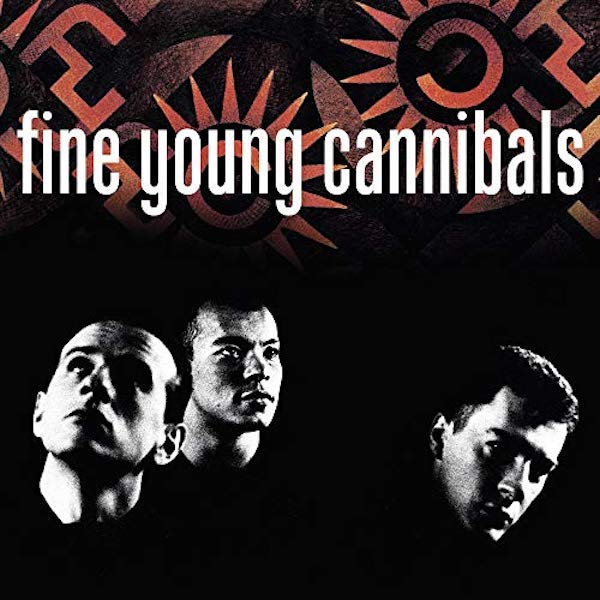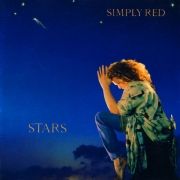

But the film is open about her shortcomings: Dawid’s younger girlfriend Nina (Jasmina Polak), in fact, calls out Maja’s bigotry along with both dads’ gay panic. Especially when she demands the slightly older Eryk, who’s Kaj’s senior by a couple years, be punished. When her youngest son Kaj (Borys Bartlomiejczyk) tells her and her inattentive husband ( Maciej Stuhr) that the son (Oliwier Grzegorzewski) of their college friend Dawid (Grzegorz Damięcki) might have violated Kaj, she responds not just as a protective parent, but as homophobic one too. Kazejak’s film is a wickedly funny dark comedy not afraid to ruffle some feathers because Maja isn’t a perfect person. In life imitating art, Karlovy Vary’s ruby red Congress Theater was so packed that some of the overflowing audience laid face-up on the floor in front of the screen to watch. Her body floats alone, weightless, in the middle of a forested pond. There’s a scene in Polish director Anna Kazejak’s dark road trip comedy “ F*cking Bornholm” in which the film’s protagonist, the haggard mother Maja ( Agnieszka Grochowska), seems to wash away the troubles she’s experienced on a family camping trip from hell. An assured, aching, vibrant debut by Wells, “Aftersun” is a shattering remembrance of a father by his daughter.

But it’s a remix of Queen and David Bowie’s “Under Pressure,” set to an evocatively haunting strobe light that obliterates the boundaries between blissful memories and searing nightmares. In this distinctly '90s narrative, Blur and "Macarena" needle drops are used. And as a slightly autobiographical tale, it’s a recollection by Wells of her inchoate beginnings as a filmmaker simply recording her dad. These videos also recall her coming of age on this trip: Her first crush and her first time noticing how older boys act around women. A grownup Sophie ( Celia Rowlson-Hall), who we see in bits and flashes, is looking back at these videos as though she’s trying to piece together the mental pain her father often hid. When they’re not joking around, the pair succumb to ennui and frankness: Sophie is never afraid to ask her father revealing questions, the kinds that kids throw at you without knowing the hurt that lurks beneath the answer. In the hands of Corio and Mescal, Wells’ sincere dialogue prods toward darkness without relenting to heavy handedness (Wells also fosters a comfort and genuineness between Corio and Mescal that serves this intimate story well). These whispers quickly accumulate to make a devastating conversation. Calum fights with his mental health and there are already signs that his daughter, in ways she does yet understand, might too.Įvery scene in Wells’ taut script comes on like a whisper, each more hushed than the last. But as the pair get closer and closer to Calum’s birthday, cracks reveal themselves. They’re best friends, and are so close in age they’re often confused for siblings. They go scuba diving, lounge by the pool, and play games together.

In this two-hander, Calum and Sophie take turns with his camcorder to capture their time together.

A young Scottish dad, Calum ( Paul Mescal), takes his 11-year-old daughter Sophie (Frankie Corio) on a summer holiday to a Turkish resort before she returns to school. Set in the 1990s, the seemingly simple plot maneuvers with sharp precision. Charlotte Wells’ feature directorial debut, for instance, the wistful “ Aftersun”-produced by Barry Jenkins and Adele Romanski-peers into the past to understand the mental health travails experienced by a father and his daughter.


 0 kommentar(er)
0 kommentar(er)
